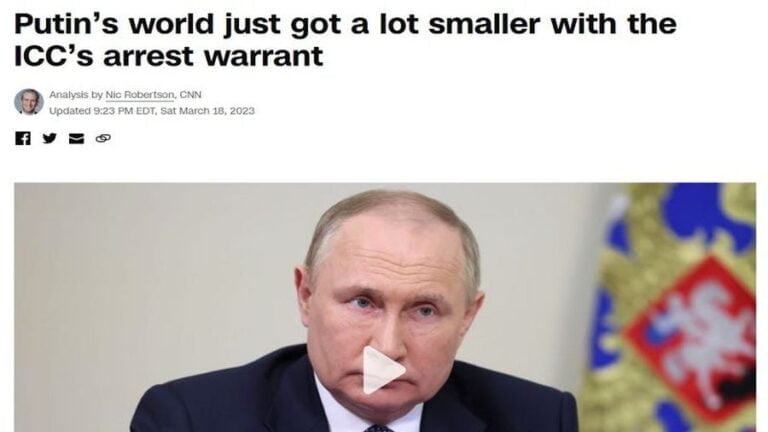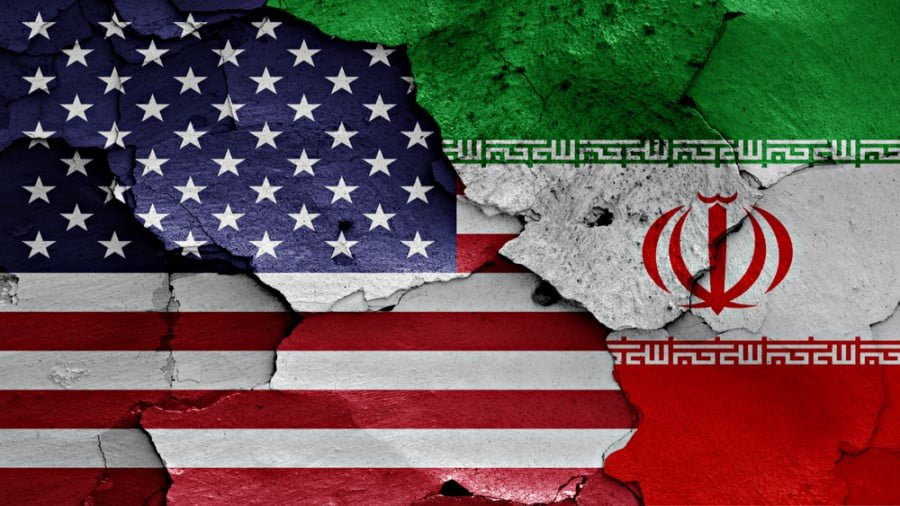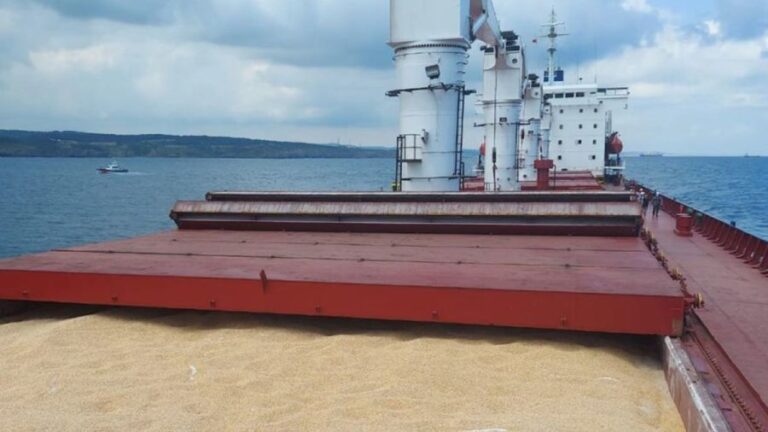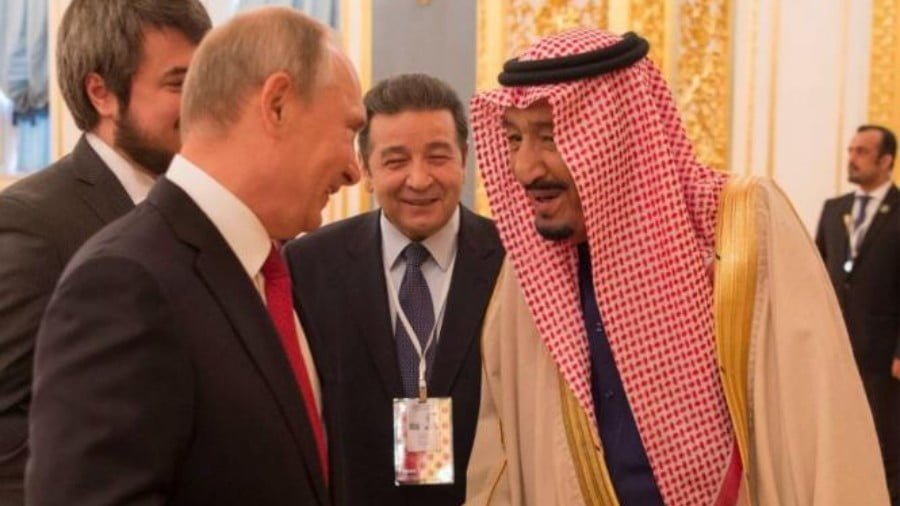Refugees in the Cluster of Humanitarian Disasters
Recent years have been increasingly marked by numerous migration crises. Fleeing from wars, armed conflicts and various militant activities, migrants from Africa and Asia continue to make dangerous attempts to enter Europe by various, often risky and dangerous, means. As a result, many of them die at sea, and the coastguards of various countries have to rescue hundreds of survivors.
Last December alone, Euronews reported that more than 270 illegal immigrants were rescued in the central Mediterranean in three rescue operations by the German non-governmental organization Sea-Watch. Meanwhile, in the Sicilian ports of Pozzalo and Trapani, more than 300 other previously rescued migrants have come ashore. At the same time, more than 30 people died in Greek waters in late December. Local authorities blame the tragedy on smugglers who prefer to send migrants along the dangerous route from Turkey to Italy to avoid patrols.
The “Belarus route” became unexpectedly “popular” with illegal immigrants in 2021, but the Polish and Lithuanian border guards and their army have stood in the way of those wishing to settle in Europe, and there have even been casualties as a result of their actions. Regarding the conditions of detention of refugees in these countries, Lithuanian human rights experts have released a document which shows that these conditions amount to “inhuman or degrading treatment” at the Lithuanian Alien Registration Center (ARC) in Kibartai. This is said in particular in a report published by the Lithuanian Seimas ombudsmen, according to Delfi.lt. It is also noted that the ARC has not adequately ensured the right of migrants to be informed about their obligations and rights. Lithuanian Seimas Ombudsman Erika Leonaitė expressed the view that detention of illegally arrived migrants should not turn into punishment. The ombudsmen found these conditions unsatisfactory, inhumane and degrading for refugees, especially considering that the Kibartai Alien Registration Center is a prison. In Lithuania, the refugee camps are violent and abusive, and there have been repeated protests there, with people demanding food, water, warm clothing and the chance to communicate with their relatives.
The refugee situation is no better in Poland. Polish security forces have killed more than 240 migrants trying to cross the border from Belarus. This was stated by Emil Chechko, a serviceman who fled from Poland to Belarus. According to him, he was first involved, as part of Polish security forces, in the killing of migrants on June 8, 2021 near Siemianówka. The bodies of migrants were buried in prepared pits in the forest. Chechko also said he knew of other acts of killing refugees.
The refugee situation in Libya is also in the cluster of humanitarian disasters. About one hundred thousand migrants have been intercepted and taken to Libya over the past five years since the EU began working with Tripolitan authorities to block Africans from reaching European shores. Many of those returned to Libya, including women and children, are held in government detention centers where they suffer abuse, including torture, rape and extortion. Amnesty International reports on multiple abuses in Libyan refugee camps and has called on the European Union to change its migration policy towards Libyans.
More than 170 citizens and organizations have joined this criticism, also testifying to the appalling situation there, and calling on the Italian government to tear up its agreement with Libya on combating migration. A statement signed by European and Libyan human rights activists reads that the system established with the EU financial and political support in no way prevents violations of migrants’ rights in Libya. It indirectly creates an atmosphere for more inhumane practices and has proved meaningless in terms of providing effective protection to refugees who find themselves in a North African state.
However, despite reports by international organizations and calls by human rights defenders, Italy and the European Union in general continue to turn a blind eye to the crimes and refugee situation in Libya, while helping Libyan authorities improve their ability to monitor the sea, providing economic aid and equipment.
According to the UN, thousands of refugees and migrants are held in some 20 official detention facilities in Libya, some of which are controlled by armed groups, with a further unknown number of people in totally uncontrolled centers, effectively run by human traffickers. International human rights organizations claim that widespread abuse and crime, including beatings and forced labor, are prevalent in such places. The vast majority of refugees in Libya are from Eritrea, Nigeria, Somalia, Sudan, Gambia and other African countries. The main migration routes pass through the south of the country. All routes to the coast are controlled by armed groups, and the cost of transit, depending on the nationality of the refugees, can be as much as $10,000 per person. There is ample evidence of the slave trade, the holding of migrants in prisons for ransom, and the use of international aid for their own purposes. In particular, there have been reports that GNA coast guard personnel were recruited from the same groups involved in banditry, smuggling and slave trade, and its activities are not actually monitored or intervened in by the EU. GNA coast guards have been documented multiple times to deliberately fail to rescue migrant vessels in distress, or to even attack them. In addition, the same coast guards earn money from smuggling drugs, organs and slave trade. A report by the EU’s external border security agency described the involvement of several NPOs in smuggling, inadvertently suggesting the possible involvement of the coast guards in such business and the “cooperation” of individual European politicians.
This has intensified growing criticism of Europe’s migration policy. At least three requests have been submitted to the International Criminal Court to investigate Libyan and European officials, as well as human traffickers, law enforcers and others for crimes against humanity.
All this requires the European authorities to increase control over this area and to take appropriate measures, through the leverage and capacity available, to end this humanitarian catastrophe.







